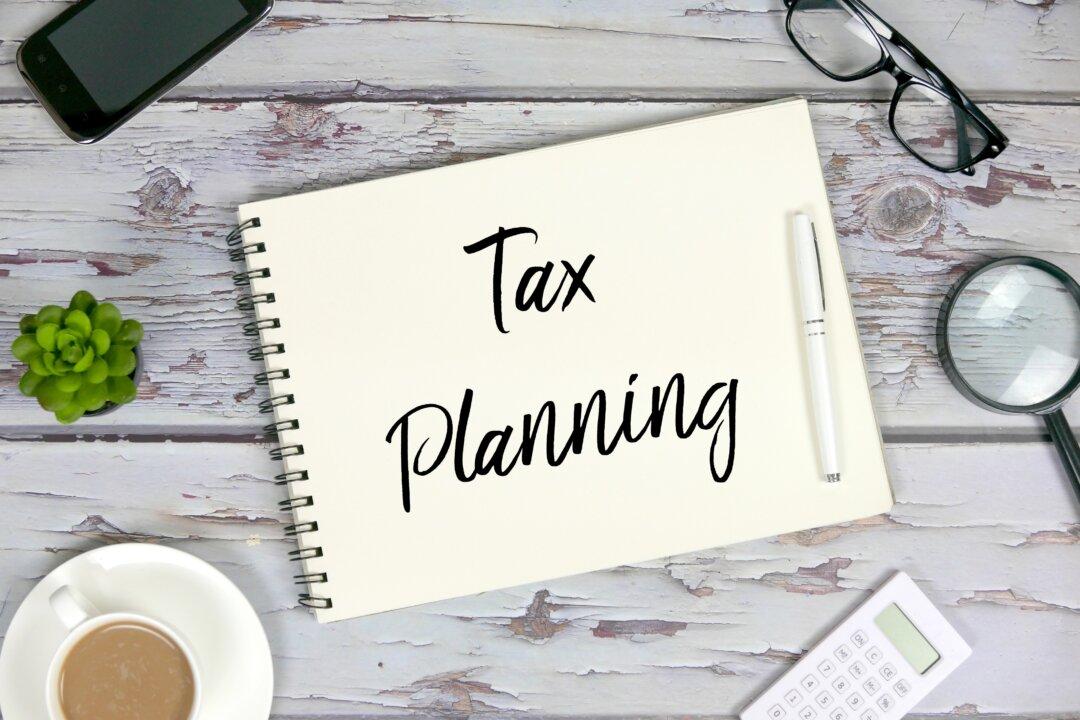Small businesses can save a lot of money if they take time to plan how they can reduce their taxes. Waiting until the end of the year to discover which tax credits or tax deductions you can get is too late. Most likely, you will wish you knew about some new deductions before the year ended.
Taxes for many businesses are going to increase considerably in 2023. President Joe Biden has revealed that his budget for 2024 calls for a hike of $4.7 trillion. The U.S. Ways and Means Committee announced that owner-operated small businesses are expected to provide $650 billion of that tax increase; $235 billion will come from partnerships, LLCs, and “S” corporations; and about 1 million “C” corporations will have their taxes increased by about 33 percent.






